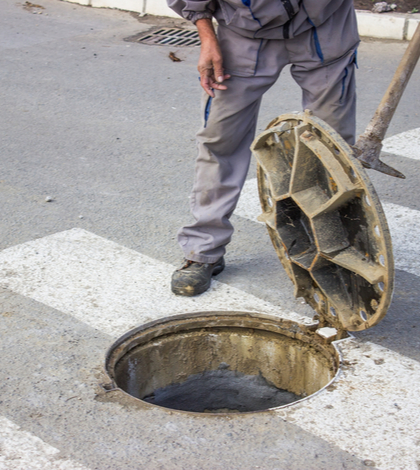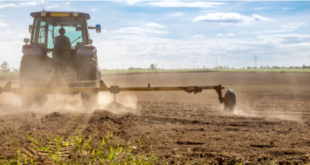Eastern Municipal Water District (EMWD) has set out to educate their customers on being “Sewer Smart” with information that could be used by all water customers regardless of location. The message is short and simple: don’t dispose of medicines and personal hygiene products by not flushing them down the toilet or drains and into the sewer system.
“By not placing medications and hygiene products into the sewer system, customers can help us keep costs low and protect the environment,” EMWD President David Slawson said. “Small steps that customers take have the ability to make the biggest impact and benefit us all.”
Sewer blockages can be costly to repair, pose public health risks and, if they result in a sewer spill, may carry administrative penalties from regulatory agencies. Responsibly limiting what is placed into the sewer system can limit blockages within the wastewater collection system and treatment plants, and help protect water quality.
Two of the biggest culprits in damaging water lines and sewers are medications that have been flushed down the toilet and non-biodegradable hygiene products such as wet wipes, cotton swabs and cotton balls.
Unused medications should be returned to a participating pharmacy that can properly dispose of the medications or through a National Take Back program sponsored by a local law enforcement agency. These events are usually held twice a year – in the spring and fall — in many communities. The U.S. Drug Enforcement Agency oversees The National Take Back program and has planned the next such event is scheduled for Saturday, April 28, 2018 from 10 a.m. to 2 p.m.
Customers may also use a drug disposal pouch that can be obtained through a local participating pharmacy. The pouches are designed to deactivate pill, liquid and patch medications so they can then be disposed of within regular household waste. In some communities, permanent drug take-back receptacles have been installed in safe facilities that are staffed 24-hours-a-day such as police and sheriff stations.
The U.S. Food and Drug Administration (FDA) also provides steps to making your own at-home drug disposal pouch. Without crushing tablets or capsules, simply mix your medications with dirt, kitty litter or used coffee grounds and place the mixture in a sealable zip-top plastic bag. You can then throw the sealed bag away in your household trash. For additional information on safe drug disposal from the FDA go to: https://www.fda.gov/drugs/newsevents/ucm464197.htm.
As for wet wipes, cotton swabs, cotton balls and other non-biodegradable hygiene products, they belong in the trash when you’re done using them. Although many brands of personal wet wipes have packaging that describes them as “flushable” but the wipes are not biodegradable and remain completely intact for many years when submerged in water. The wipes can clog wastewater collection systems and damage filters at wastewater treatment plants, causing potentially costly repairs to facilities.
As for EMWD, President Slawson praised the district’s water customers saying, “We appreciate the work of our customers in properly disposing of these items.”
Also, another hazard to water lines and sewers is FOG – fats, oils and grease. Although not a significant problem during most of the year, these cooking items can wreak havoc during the winter holidays when cooks and chefs are busy cooking and baking their holiday treats and meals. But being mindful of these cooking hazards will also lessen the danger to water pipes and sewers.
 California Water News Daily Your Source For Water News in California
California Water News Daily Your Source For Water News in California


